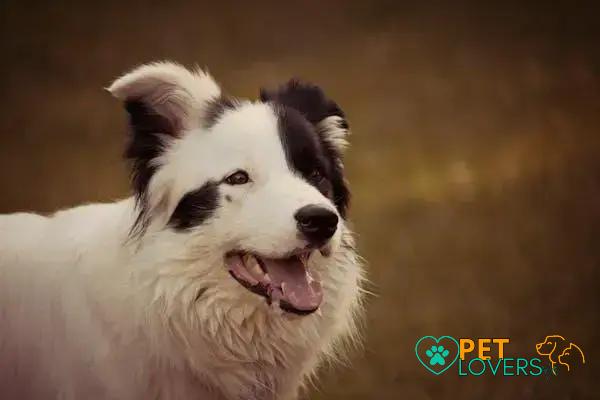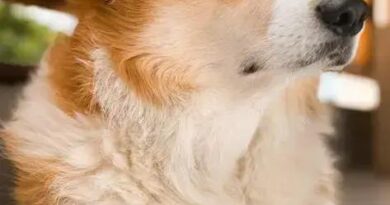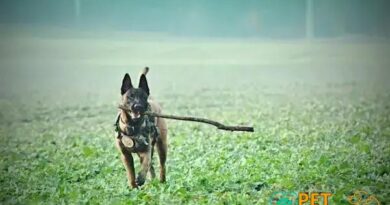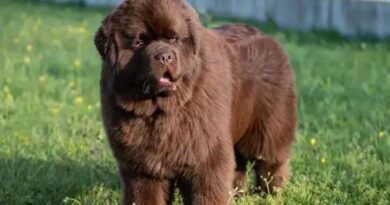Curiosities about the Polish Lowland Sheepdog: Discover Fascinating Facts
The Polish Lowland Sheepdog is a breed rich in history and charm. In this post, we will explore some fascinating curiosities about this distinctive breed. Whether you are a dog enthusiast or considering adopting one, knowing these interesting facts will deepen your appreciation for this loyal and intelligent animal.
History and Origin of the Polish Lowland Sheepdog
The Polish Lowland Sheepdog, also known as PON, has a rich history that dates back to the early Middle Ages. This breed is believed to have originated in Poland, where it was primarily used as a herding dog. The PON is a direct descendant of ancient herding dogs brought to Europe by the Huns and Avars during their invasions.
The breed was meticulously developed to create a resilient dog capable of enduring harsh weather conditions and long working hours. Its thick double coat served as insulation against the cold, making it an ideal companion for shepherds in the Polish lowlands.
Over the centuries, the Polish Lowland Sheepdog became an integral part of rural life in Poland. Shepherds relied on these dogs for their intelligence and agility. They were prized for their keen herding abilities and were often entrusted with managing large flocks of sheep. It is said that the PON could single-handedly control a herd, thanks to its natural instincts and strong working ethics.
During World War II, the breed’s numbers dwindled, almost reaching the brink of extinction. However, dedicated breeders in Poland worked tirelessly to revive the Polish Lowland Sheepdog, ensuring its survival and continuity.
Today, the Polish Lowland Sheepdog is not only a beloved pet but also a symbol of Polish heritage. Its history serves as a testament to its resilience and enduring popularity throughout centuries.
Unique Characteristics and Traits
The Polish Lowland Sheepdog stands out with its distinctive appearance and agile nature. This medium-sized breed is known for its long, shaggy coat that can come in various colors, including white, black, and gray. Its coat is not only a charming trait but also serves a practical purpose, providing protection against harsh weather conditions.
One of the unique characteristics of the Polish Lowland Sheepdog is its high intelligence and problem-solving skills. These dogs are quick learners and are known for their ability to herd and guard flocks efficiently. Their keen sense of awareness and strong work ethic make them excellent companions for active families and those living in rural areas.
Another standout trait is their loyal and affectionate nature. Polish Lowland Sheepdogs form strong bonds with their owners and are known for their gentle and loving demeanor. They thrive on human interaction and enjoy being involved in family activities. Despite their working dog background, they can adapt well to indoor living, provided they receive enough mental and physical stimulation.
This breed also exhibits a remarkable sense of balance and agility, making them suitable for various dog sports such as agility courses and obedience trials. Their strong, muscular build supports their energetic lifestyle, allowing them to excel in activities that challenge both their body and mind.
Maintaining the coat of a Polish Lowland Sheepdog requires regular grooming to prevent matting and tangling. Owners must be prepared for frequent brushing and the occasional professional grooming session.
Caring for Your Polish Lowland Sheepdog
Grooming Needs
Polish Lowland Sheepdogs have a long, dense coat that requires regular grooming. Brush their coat almost every day to prevent mats and tangles. A monthly bath will keep their fur clean and healthy.
Exercise Requirements
This breed is energetic and needs plenty of physical activity. Daily walks and playtime in a secure area are essential to keep them happy and healthy. They also enjoy herding activities and agility training.
Feeding and Nutrition
Provide a balanced diet appropriate for their age, size, and activity level. High-quality dog food with the right blend of nutrients will support their overall health.
Training and Socialization
Early socialization and training are crucial. These dogs are intelligent and can learn quickly but may be stubborn at times. Use positive reinforcement techniques to teach them commands and good behavior.
Health Care
Regular veterinary check-ups are vital for detecting and preventing health issues. Keep an eye out for common conditions in the breed, such as hip dysplasia and eye problems. Vaccinations, flea control, and heartworm prevention are also necessary.




